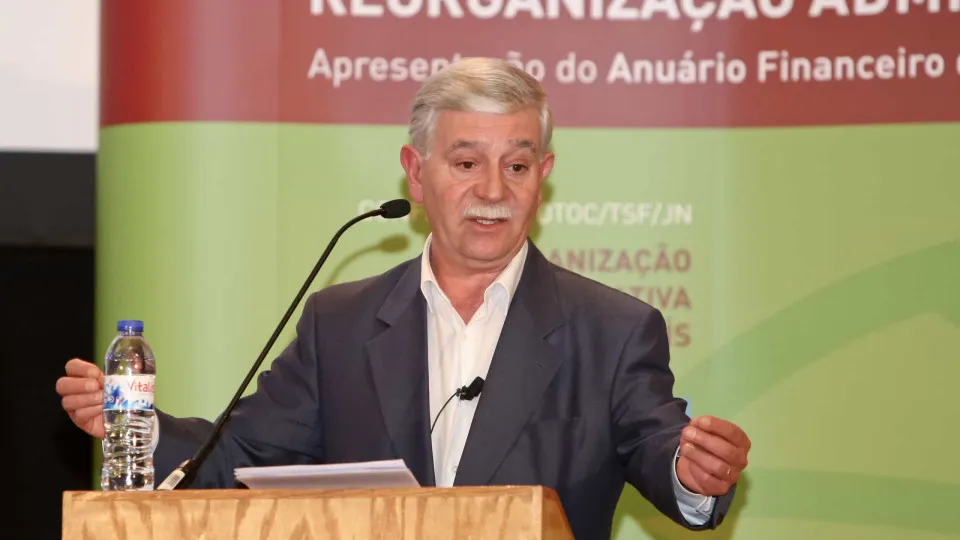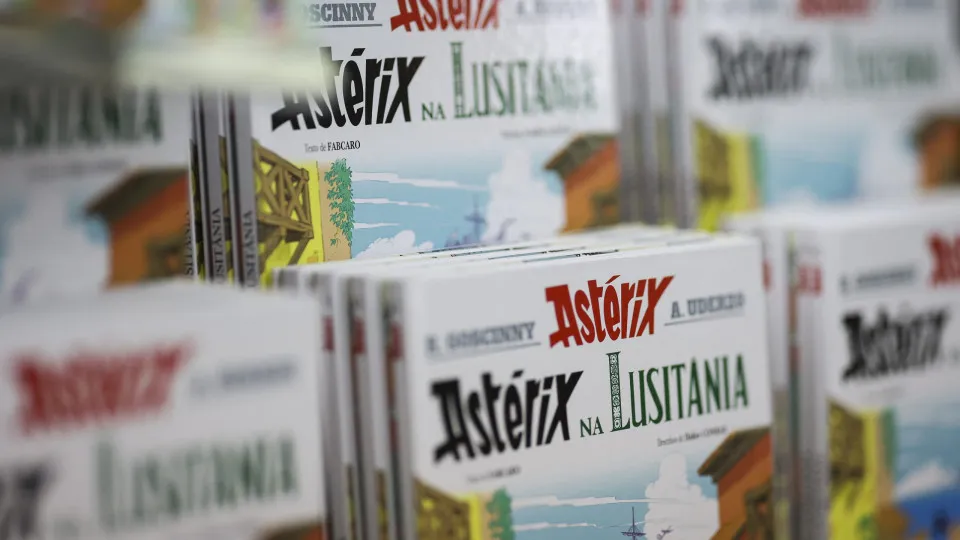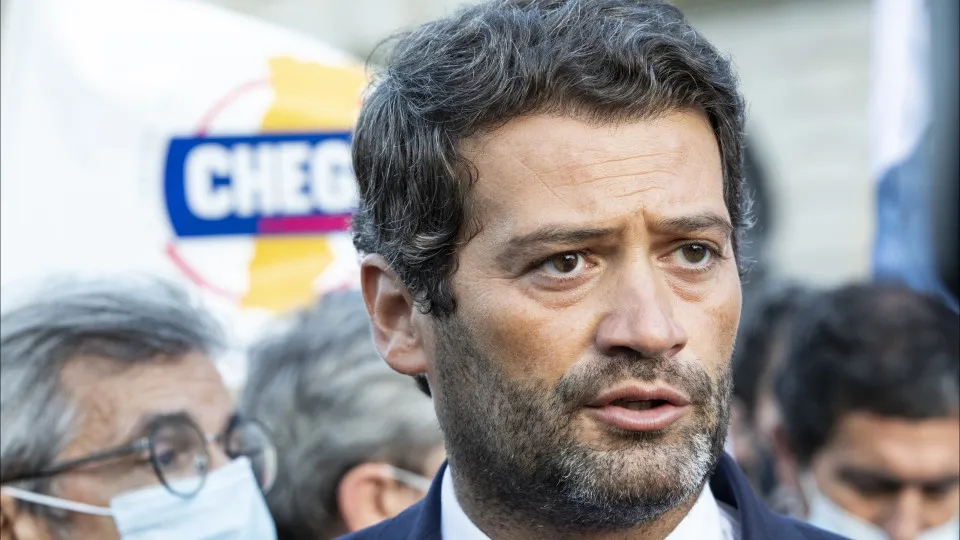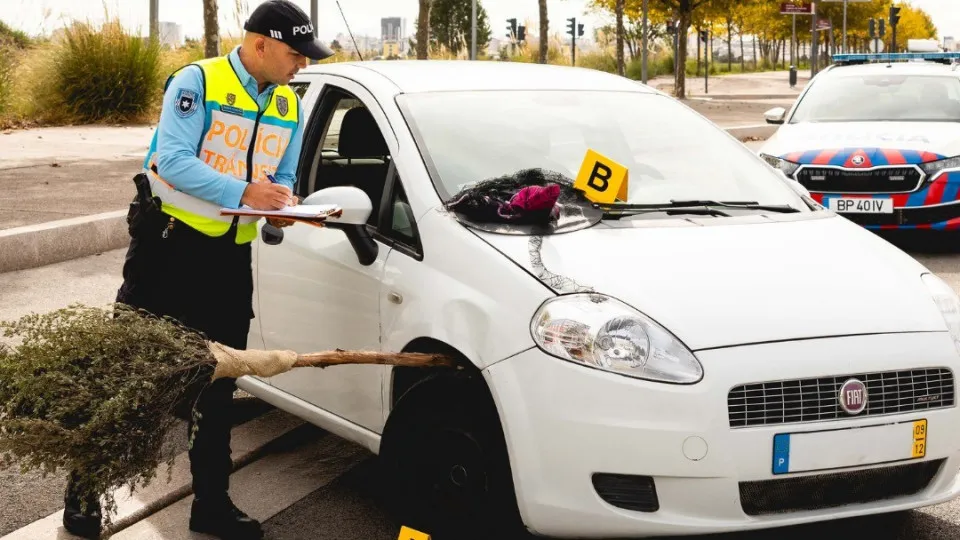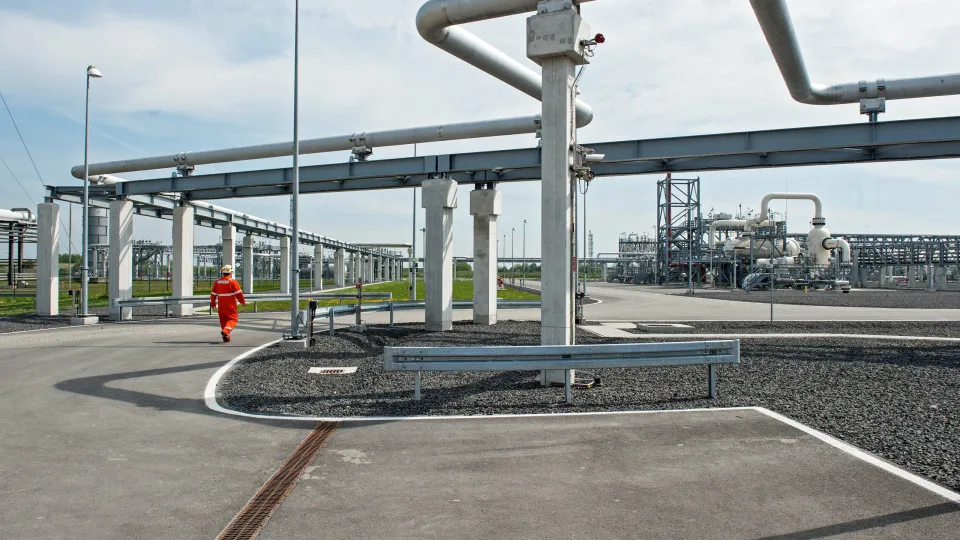
“There is a strange number appearing in some newspapers and news agencies mentioning 25 billion dollars [21.6 billion euros]. It is not at all,” stated Patrick Pouyanné during the presentation of TotalEnergies’ third-quarter results on Thursday.
This concerns the lifting of the ‘force majeure’ clause for the consortium project in Area 1 of the Rovuma Basin, northern Mozambique, via a letter Patrick Pouyanné sent to Mozambican President Daniel Chapo on October 24. The letter also announced the project’s resumption after four years of suspension due to insecurity caused by extremist attacks in Cabo Delgado, which the oil company claims resulted in a loss of 4.5 billion dollars (3.89 billion euros).
“Of course, it says 20 billion dollars [17.2 billion euros] in the letter, of which 4.5 billion come from what we spent in the last four years. So the budget, when we exited in 2021, was about 15, 16 billion [dollars, 12.9 to 13.8 billion euros]. If we add 4.5 [billion dollars], we get 20, 20.5 billion [17.7 billion euros]. That is the reality of this budget,” he stated, refuting reports suggesting higher costs.
The official added that it was possible to perform “all the detailed engineering” and other technical components of the project, enabling immediate progression with the lifting of ‘force majeure’: “And so I found that some people were surprised. But, indeed, we spent some money to, I would say, recover part of the time it was under forced measures [‘force majeure’].”
“Therefore, today, as soon as we remobilize everyone, we are only in construction mode. And that’s why we said we are capable of delivering the project by 2029,” he added.
Meanwhile, Mozambican President Daniel Chapo stated that the proposal by TotalEnergies to extend the gas megaproject concession in Cabo Delgado for 10 years to compensate for losses would need to be negotiated.
“It is a process that is not completely closed. We will have to work with the other party to be able to understand the foundations of these proposals (…) and, based on this, make the final decision,” said the head of state today in statements to journalists at the end of a five-day visit to the United States.
“We will have to (…) understand in detail the foundations for this extension, and based on these foundations, there may also be counter-arguments (…) from the government, and then a consensus may be reached, whether there will be an extension or not,” or, if there is an extension, “whether it will be within that proposed period,” he pointed out.
TotalEnergies justified the extension request as a way to compensate for the four years of halted operation.
“We will also do the same exercise. First, understand the foundations for the stated amount, and then there will also be, without a doubt, counter-arguments from our side, so that in the end a consensus is reached on whether to go ahead with that amount or not, or a value that can make sense for both parties can also be determined,” said the head of state.
In the letter signed by the president of TotalEnergies, explaining the decision to lift the ‘force majeure’ clause, the request is justified to “partially compensate for the economic impact” of the stoppage, acknowledging that security conditions are now in place for resumption.
According to the concessionaire, the first delivery of Liquefied Natural Gas (LNG) from the first line to be installed in Afungi, Cabo Delgado, has moved from July 2024, as initially planned, to the “first half of 2029.”

